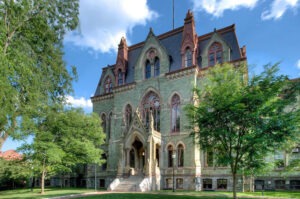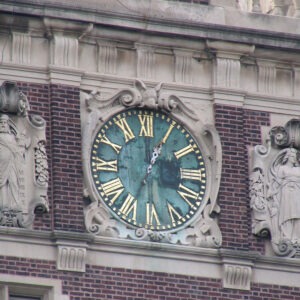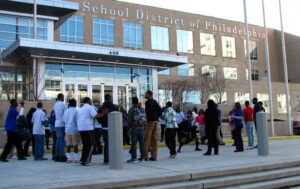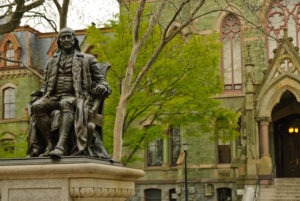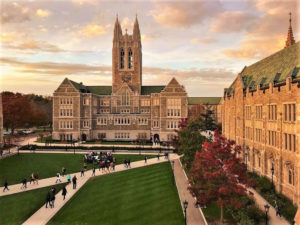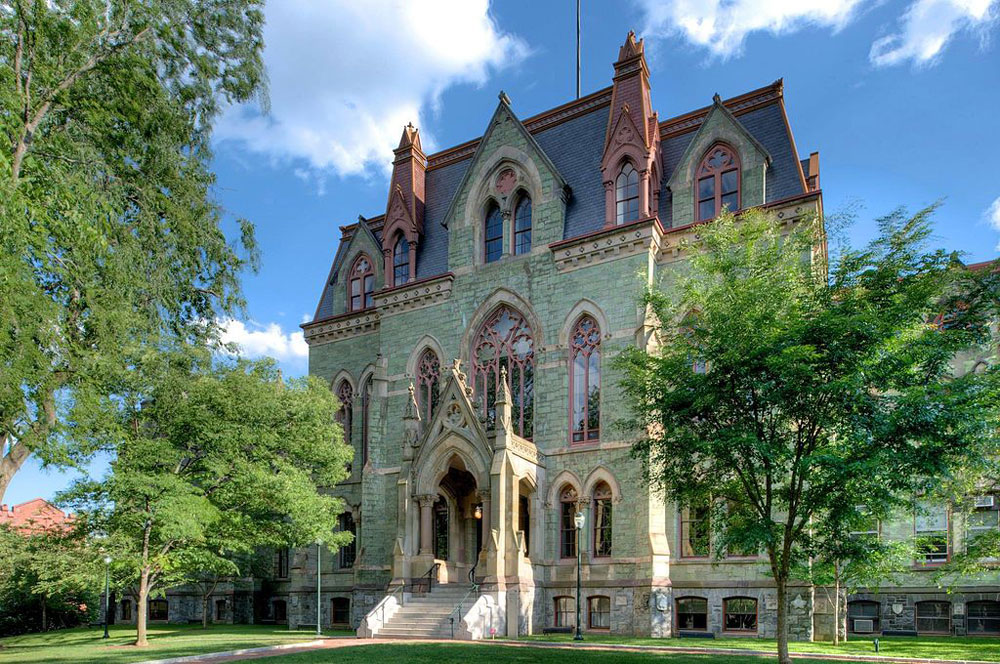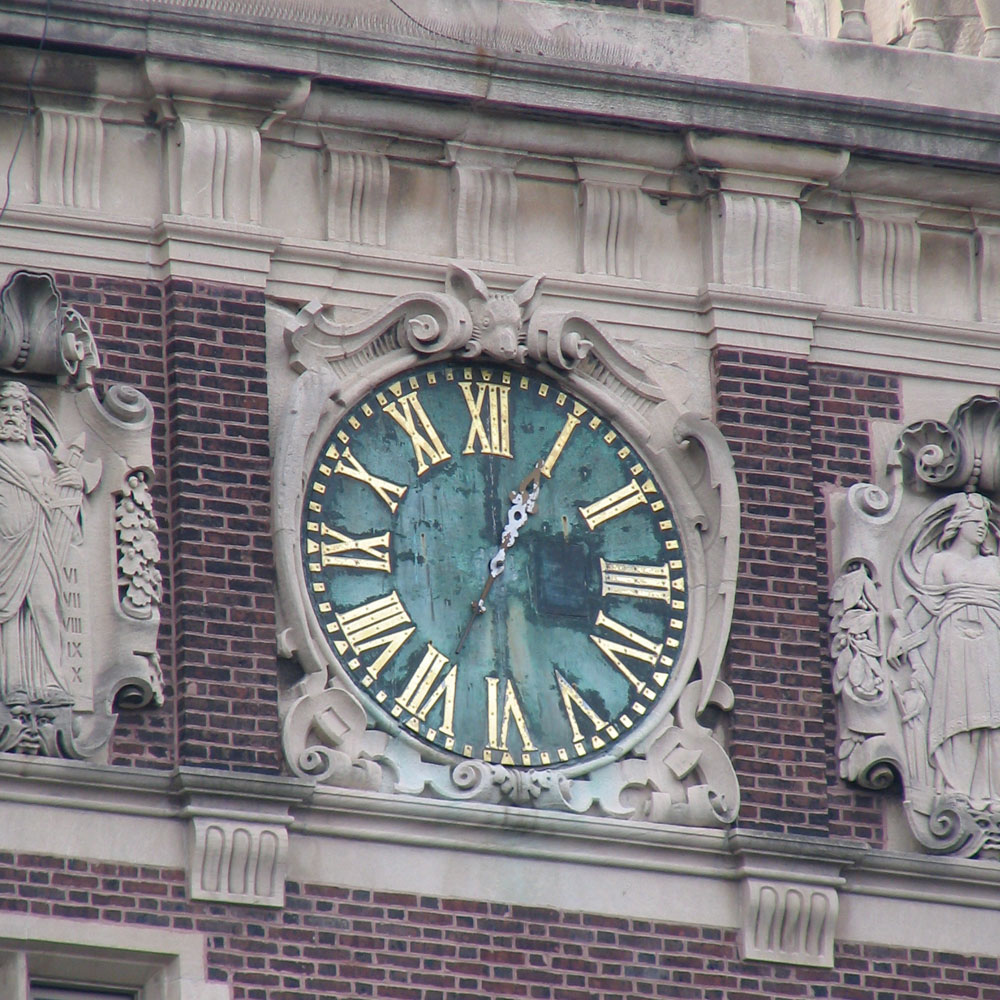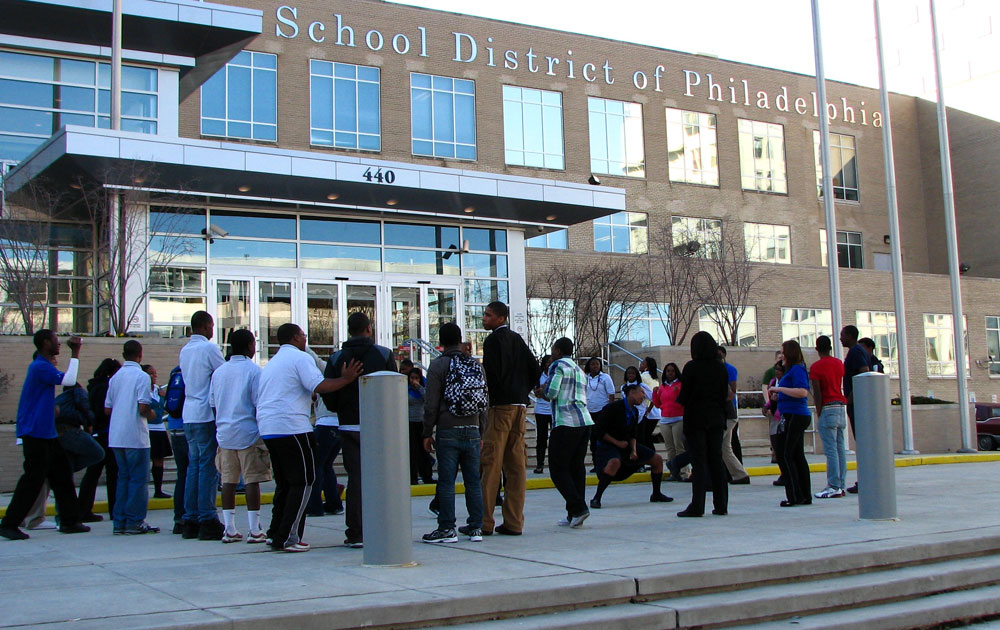
March 26, 2015; Daily Pennsylvanian
Philly’s nonprofit community will be gearing up for a big battle with the city over money, if the Council has its way, reports the Daily Pennsylvanian, the student newspaper of the University of Pennsylvania (Penn).
The Philadelphia City Council approved a non-binding resolution calling on Mayor Michael Nutter to seek PILOTs, or payments in lieu of taxes, from large nonprofits in the city. The renewed call for PILOTs is the result of a budget gap at Philly’s school district, which is largely funded by property taxes. Penn is located in Philly.
PILOTs are contributions that nonprofits, whose real estate is tax-exempt, sometimes make to local government to compensate for their use of essential city services like trash removal, police, and fire protection. They are a contentious funding mechanism that many cities in the northeastern U.S. use to balance their budgets.
Sign up for our free newsletters
Subscribe to NPQ's newsletters to have our top stories delivered directly to your inbox.
By signing up, you agree to our privacy policy and terms of use, and to receive messages from NPQ and our partners.
Many localities consider tax-exempt nonprofits “freeloaders” who use local public services without paying for them. Nonprofit leaders respond that they bring critical assets to local communities, such as enhancing the civic, economic and cultural environment, providing social services and employing people who pay taxes as individuals.
The resolution was introduced by councilmember who is a Penn alumnus; it passed on a 15-1 vote. Despite this pressure from local government officials, Penn continues to oppose PILOT payments. Neither the mayor nor school superintendent has weighed in on the idea.
As is often the case in other communities, the resolution calls for payments from “mega-nonprofits,” rather than small community-based agencies, in Philadelphia. That would include universities like Drexel and Temple as well as major healthcare institutions, although the citywide campaign for PILOTs centered on Penn, reports the Pennsylvanian.
Philadelphia Jobs with Justice, an economic justice coalition of over 40 student and community groups, targets Penn specifically on its website, which published a letter from 17 other community groups in support of its position. Its executive director testified in front of the City Council before it voted, calling the decision to not pay PILOTs “unconscionable when our city is so deeply in need.”
Penn was singled out by a student who testified before the Council, as well: “I came to the University of Pennsylvania because I believe in its reputation for civic engagement…the University of Pennsylvania should be…contributing to property taxes just like any other large, wealthy institution in the city is required to.”—Larry Kaplan


